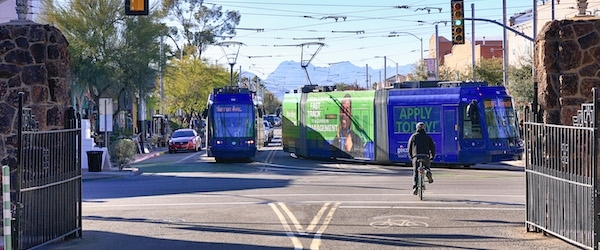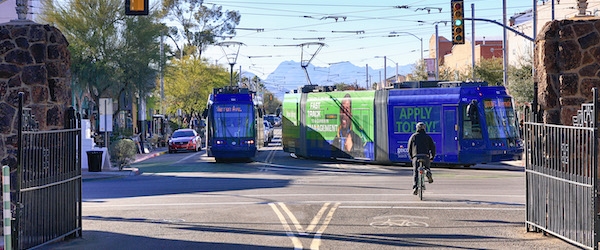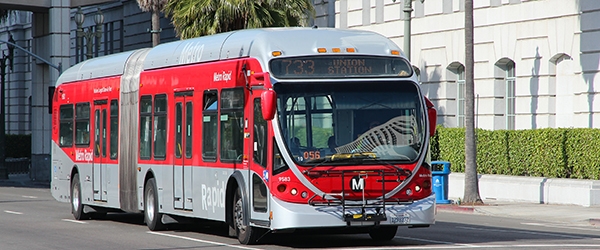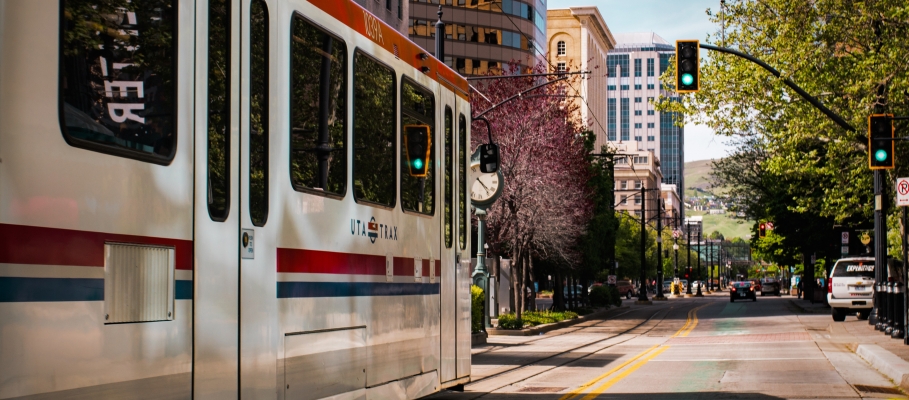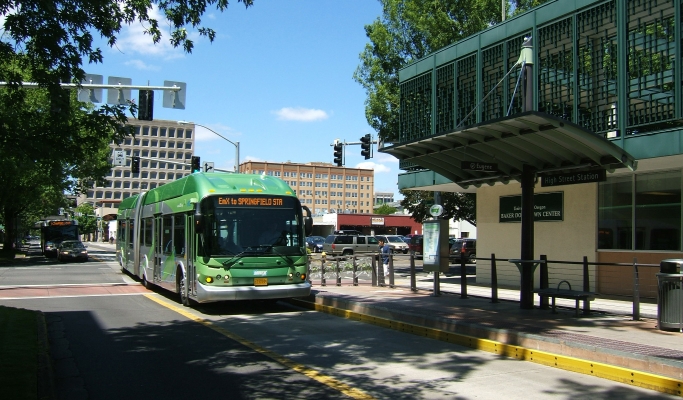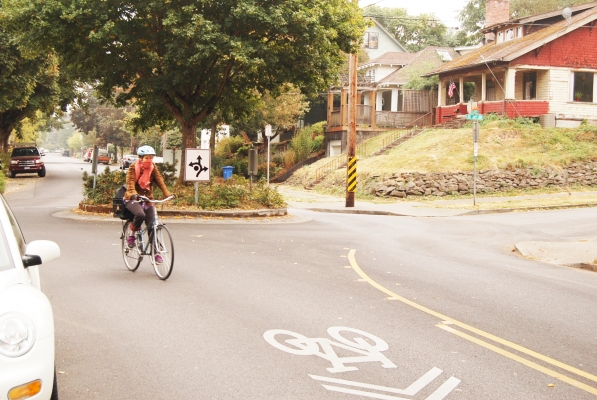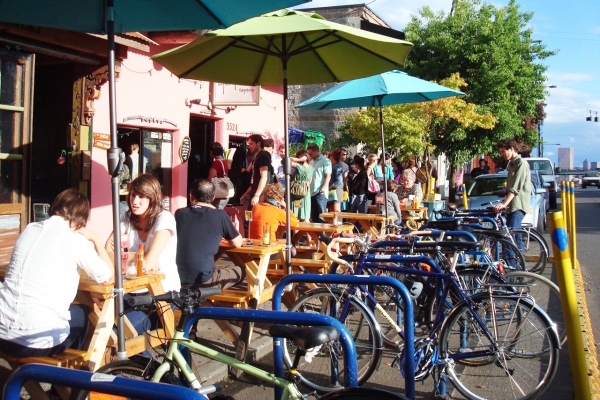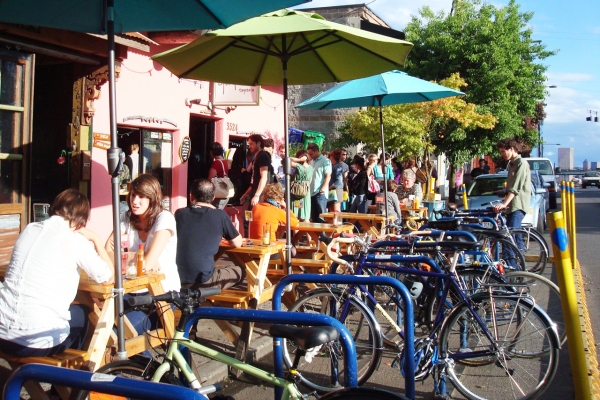The latest report funded by the National Institute for Transportation and Communities – Transit Impacts on Jobs, People and Real Estate, from the University of Arizona – represents the culmination of nearly a decade of research into the economic effects of transit. To unpack the dense and substantial findings from 17 LRT, 14 BRT, 9 SCT, and 12 CRT systems in 35 metro areas across the United States, we're telling the story in chapters. Last month we focused on how transit impacts the locations of jobs.
Now we're taking a deeper dive into volume 3 of the final report: Impact on Where People Live Over Time with Respect to Transit Station Proximity Considering Race/Ethnicity and Household Type and Household Budget by Transit Mode and Place Typology with Implications for Transit and Land Use Planning (PDF).
HOW DOES TRANSIT IMPACT WHERE PEOPLE LIVE?
By the year 2050, America is projected to gain at least 100 million new residents, 40 million new households, and 60 million new jobs. Demographic analysis and consumer preference surveys tell us that at least a third of America’s 150 million households (50+ million) in 2050 will want to live in...
Read more
